Team Albanese v Dutton: the ‘real world’ of difference
Stripping away the politics and slogans, there is a striking gap between Labor and Coalition cabinet line-ups in terms of work experience and running businesses.
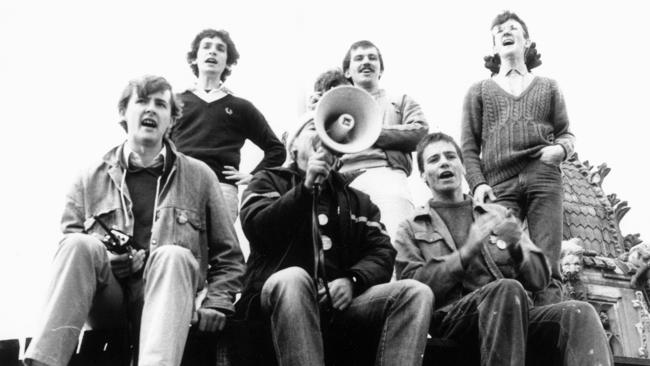
Anthony Albanese’s cabinet team is stacked with former union officials, party apparatchiks and political staffers who believe they have the real world experience and business know-how to reboot Australia’s flatlining economy.
As business owners and households buckle under pressure from high interest rates and an inflation-fuelled cost-of-living crisis, the Prime Minister is pitting his election pitch to “build Australia’s future” against Peter Dutton’s promise to “get Australia back on track”.
Stripping away the politics and slogans, there is a striking gap between Labor and Coalition cabinet line-ups in terms of work experience and running businesses.
Albanese, a former ALP assistant general secretary and political staffer who entered parliament in 1996, has continued modern Labor’s drift away from MPs with business and non-political backgrounds. The days of teachers, miners, truck drivers and mechanics in Labor’s parliamentary ranks are fading.
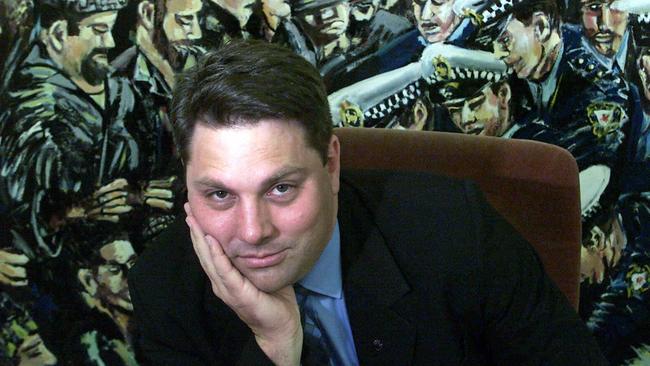
Analysis of Albanese’s 23-person cabinet shows 10 ministers worked for unions, 17 worked as political staffers for state and federal Labor ministers, seven worked as lawyers including at union-linked firms, and three worked as party officials.
In their bios, Labor ministers list brief stints in jobs as teenagers before being drafted into union, party and political careers. Albanese was a bank officer aged 17 to 18, Pat Conroy was a customer service assistant at Coles aged 16 to 21, Amanda Rishworth was a retail assistant and swimming instructor aged 16 to 21, and Don Farrell was a shop assistant, mail sorter, council worker and waiter aged 16 to 21.
Like Albanese, Conroy and Farrell, Chris Bowen, Jason Clare, Julie Collins, Ed Husic, Tony Burke, Richard Marles, Jim Chalmers, Katy Gallagher, Penny Wong, Mark Butler and Tanya Plibersek have spent the bulk of their careers working across politics and the union movement.
Michelle Rowland was an electorate officer for five years before working as a senior lawyer at Gilbert and Tobin, Mark Dreyfus was a Victorian ministerial adviser before a long-stint as a barrister, while new cabinet minister and former federal political adviser Anika Wells spent five-years at Maurice Blackburn before succeeding Wayne Swan in parliament at 33.
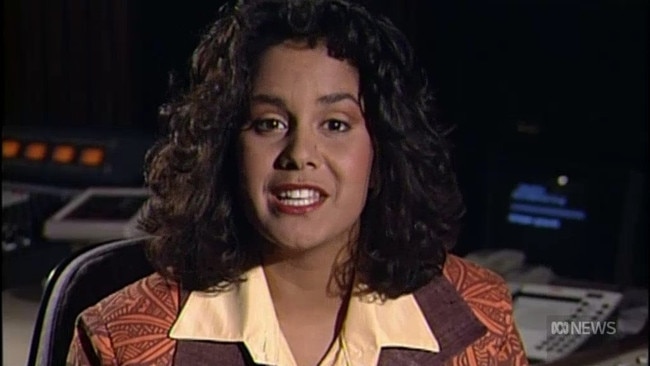
Malarndirri McCarthy worked as a journalist with the ABC, SBS and NITV between 1989 and 2016. In addition to working in politics, Catherine King was a social worker, senior bureaucrat and KPMG manager. Madeleine King, a solicitor and barrister who worked briefly as a staffer, held senior roles at the University of Western Australia and USAsia Centre.
Dutton, who is expected to announce a Coalition frontbench reshuffle in coming days following the retirements of Simon Birmingham and Paul Fletcher, regularly promotes his team’s more diverse business experience.
The Opposition Leader is pushing to win outer-suburban and regional seats by promising a stronger economy, lower power prices, less red tape and fewer industrial relations restrictions, a simpler tax system and a tougher stance on national security.
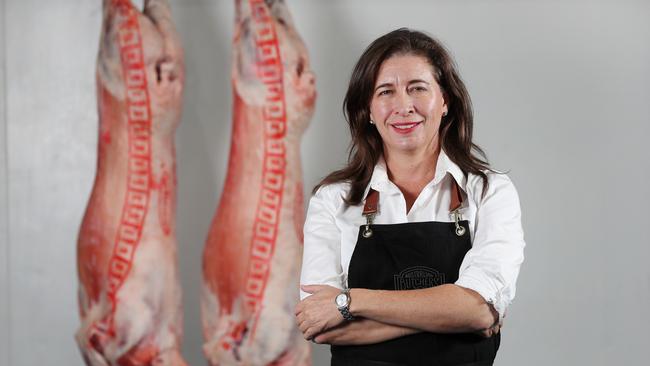
The Coalition shadow cabinet includes a former police officer in Dutton, a military officer, media executive, diplomat, pilot, farmers, teachers, solicitors, bankers and consultants. Seven of Dutton’s team, including Birmingham and Fletcher, previously worked as staffers in state and federal parliaments but most also boast professional careers outside politics.
Dutton often contrasts the “real world” experience of Coalition MPs versus Labor. Speaking this week in the Ipswich-based, ALP-held target seat of Blair, he said “this modern Labor Party is not the party of the worker … they’re the party of the union boss, not the union member”.
“The Coalition in its modern form is the party for the Australian worker and for small business,” Dutton said.
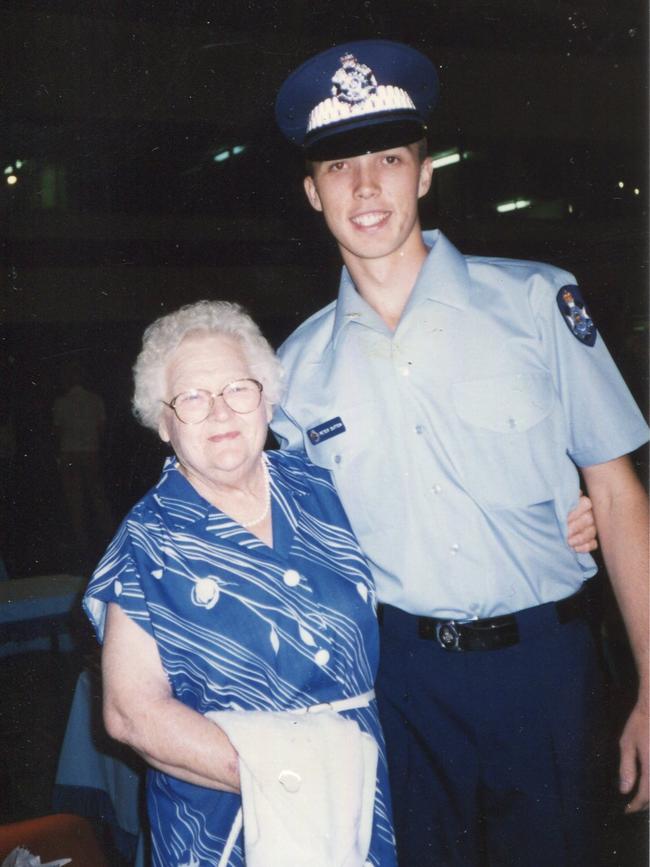
In a social media post on Friday, Albanese described Labor as the “builder” and Dutton as the “wrecker”: “If you had to choose between a builder and a wrecker for a big construction project, who would you go for? I know I’d want the builder. That’s the choice this election.”
Amid plunging union membership, business anxiety over Labor’s IR shake-up, poor economic conditions and rising unemployment, Albanese is under pressure to hold working class and regional electorates. The challenge for Dutton is whether his push into traditional Labor territory and swing seats will deliver enough votes to claim an upset victory.
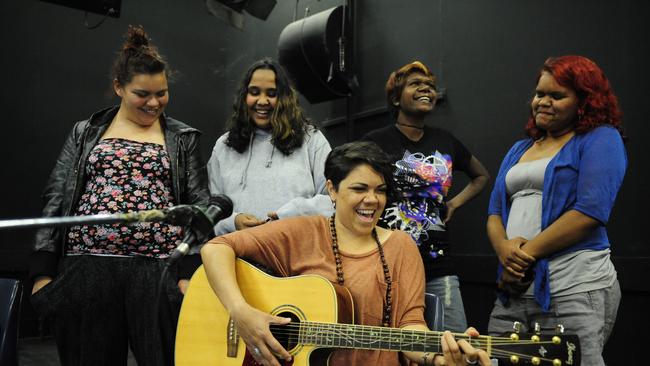
The stakes are high for both frontbench teams, with veteran MPs likely to exit politics in the event of defeat. Threats from minor parties and independents mean Labor and the Coalition must do better at finding local candidates who genuinely represent their electorates.
If Labor wins the election, Albanese will be urged to move on from Rudd-Gillard era ministers, blood new talent and set the party up for the future. If the Coalition falls narrowly short and Dutton remains leader, the Queenslander would be expected to promote the next generation and transition from Abbott-Turnbull-Morrison ministers.



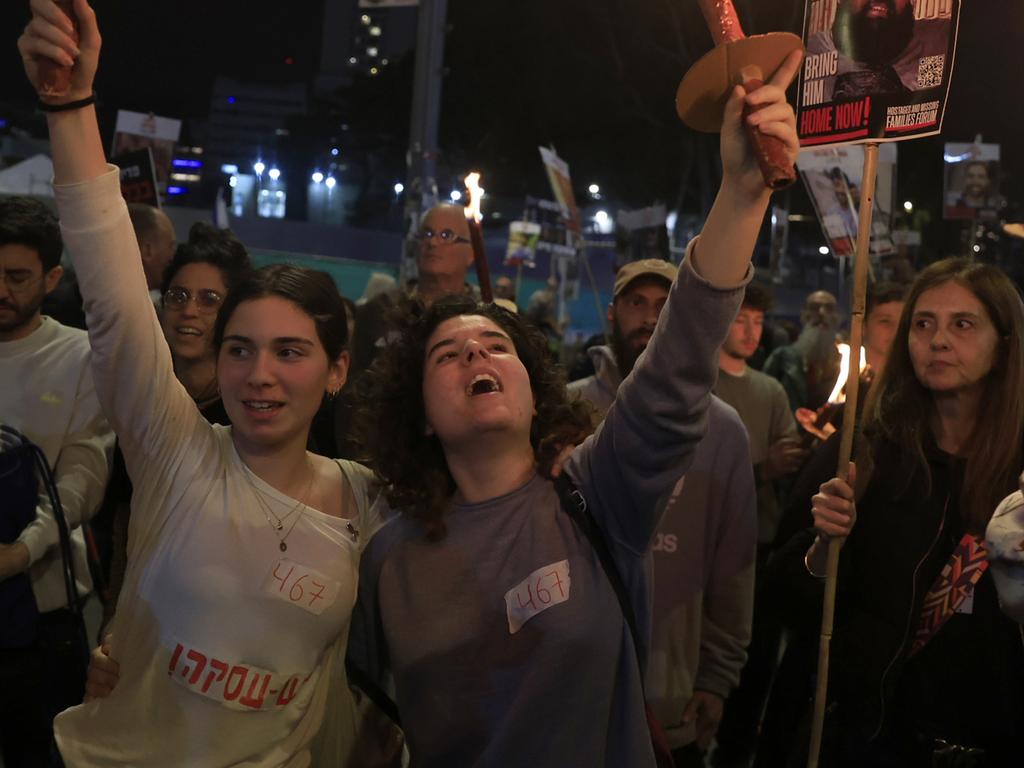
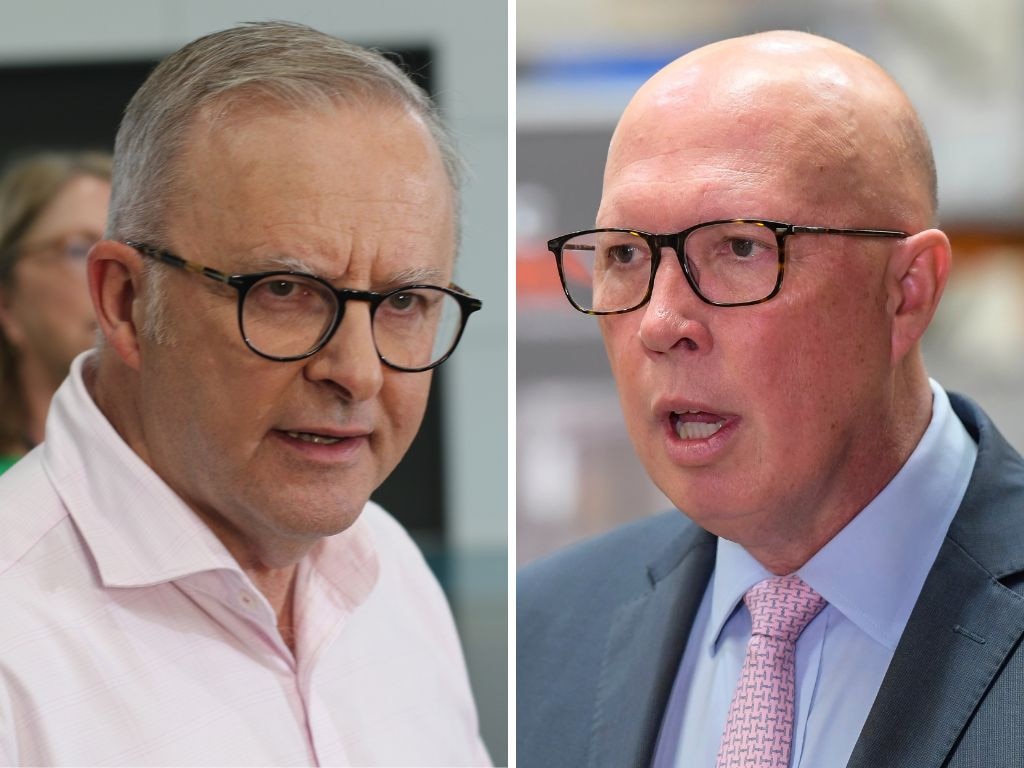



To join the conversation, please log in. Don't have an account? Register
Join the conversation, you are commenting as Logout